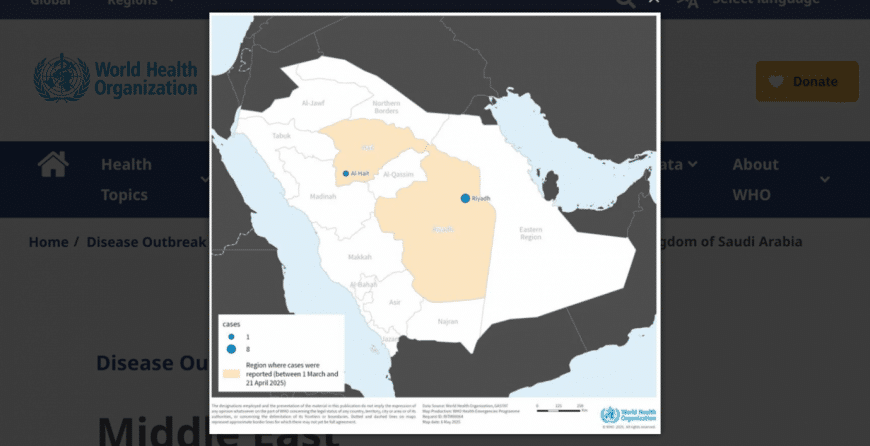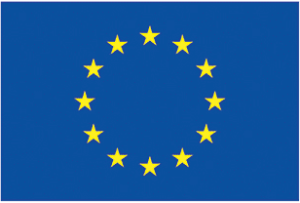Fatal MERS Outbreak Confirmed in Arabia
Recent cases and fatalities of Middle East respiratory syndrome coronavirus (MERS-CoV) show that this severe virus continues to pose a threat in countries where it is found in dromedary camels.
Additionally, it remains a risk for healthcare workers.
According to the World Health Organization (WHO) Disease Outbreak News published on May 12, 2025, the Ministry of Health of the Kingdom of Saudi Arabia (KSA) reported nine cases of MERS-CoV infection and two fatalities between March and April 21, 2025.
Among the nine cases, a cluster of seven was identified in Riyadh, including six health and care workers who acquired the infection from caring for a single infected patient.
Since the first report of MERS-CoV in KSA in 2012, 2,627 laboratory-confirmed cases, with 946 associated fatalities (Case Fatality Rate of 36%), have been reported to WHO from 27 countries across all six WHO regions. Over 80% of these MERS cases have been reported by the KSA.
The WHO wrote that this notification of MERS cases does not change the overall risk assessment, which remains moderate at both the global and regional levels. The WHO recommends implementing targeted infection prevention and control measures to prevent the spread of healthcare-associated infections of MERS and onward human transmission.
From a disease prevention perspective, MERS vaccine candidates continue conducting clinical research. These vaccines are not expected to become available in 2025.
For example, a $2.6 million investment was announced on March 25, 2025, empowering a vaccine candidate to enter preclinical trials.
This new investment in Uvax Bio is based on proprietary protein nanoparticle technology, 1c-SApNP®, licensed from Scripps Research. The technology is already being tested in human trials against other infectious diseases.
SOURCE: https://www.vax-before-travel.com/fatal-mers-outbreak-confirmed-arabia-2025-05-13
Image credit: WHO DON569 May 12, 2025









